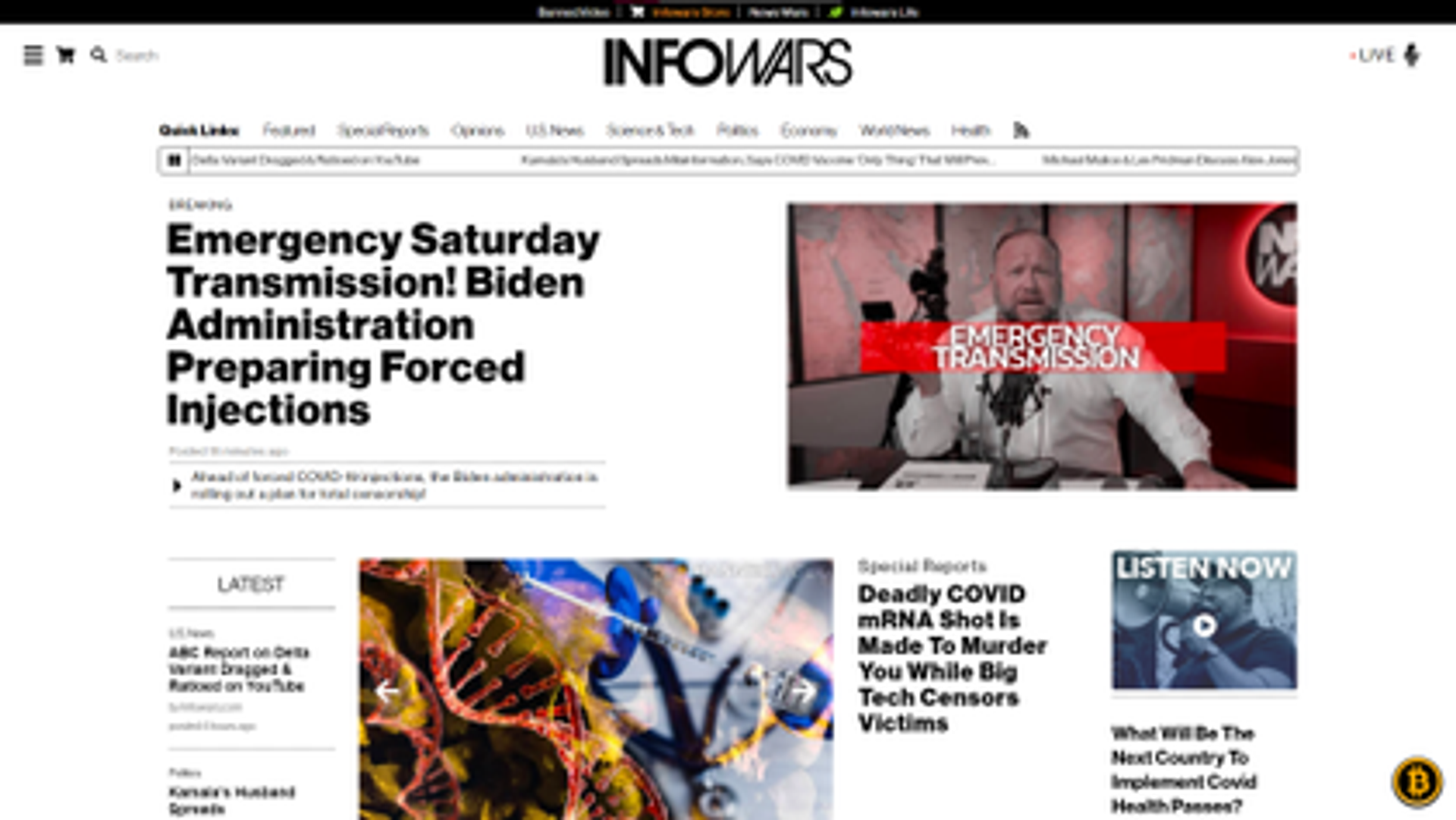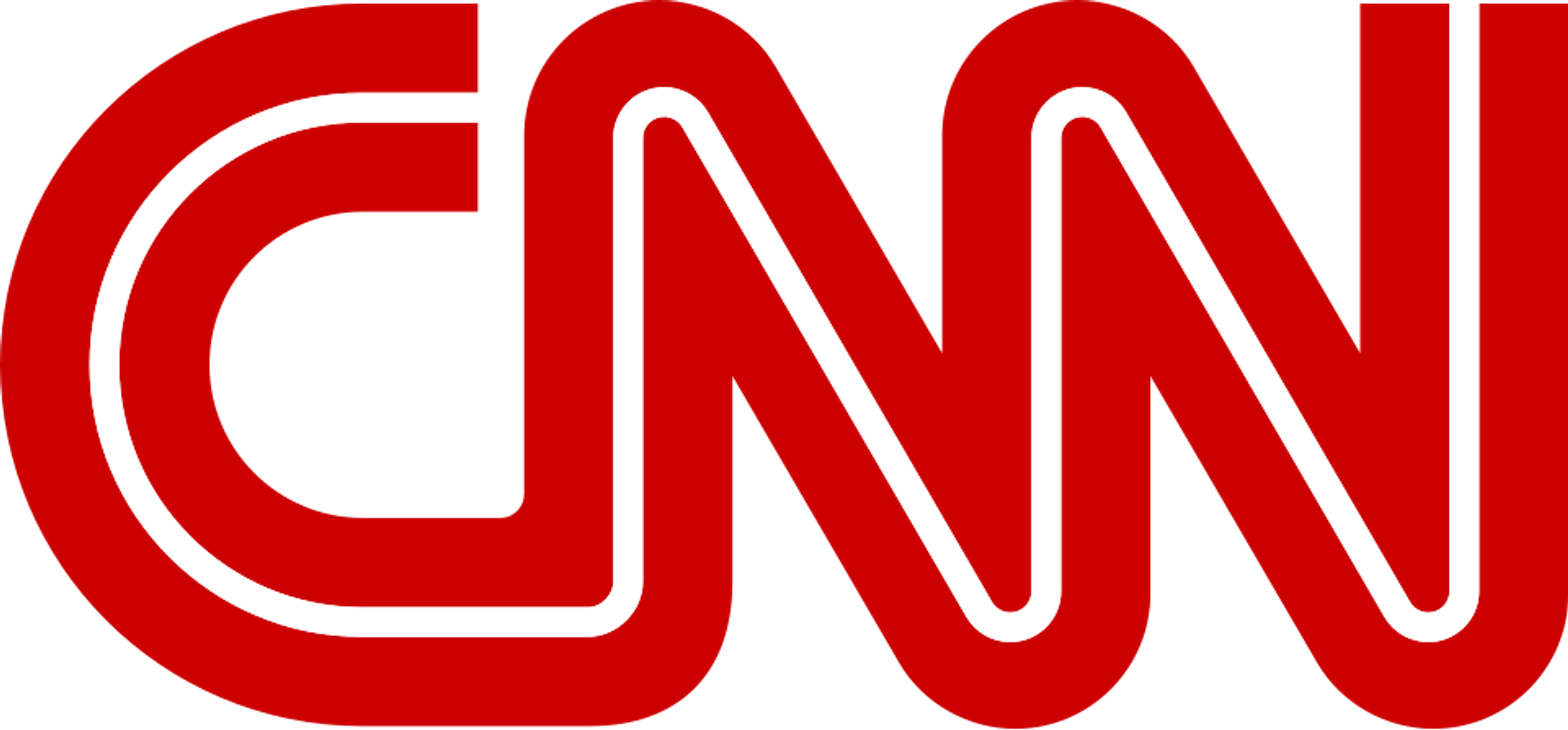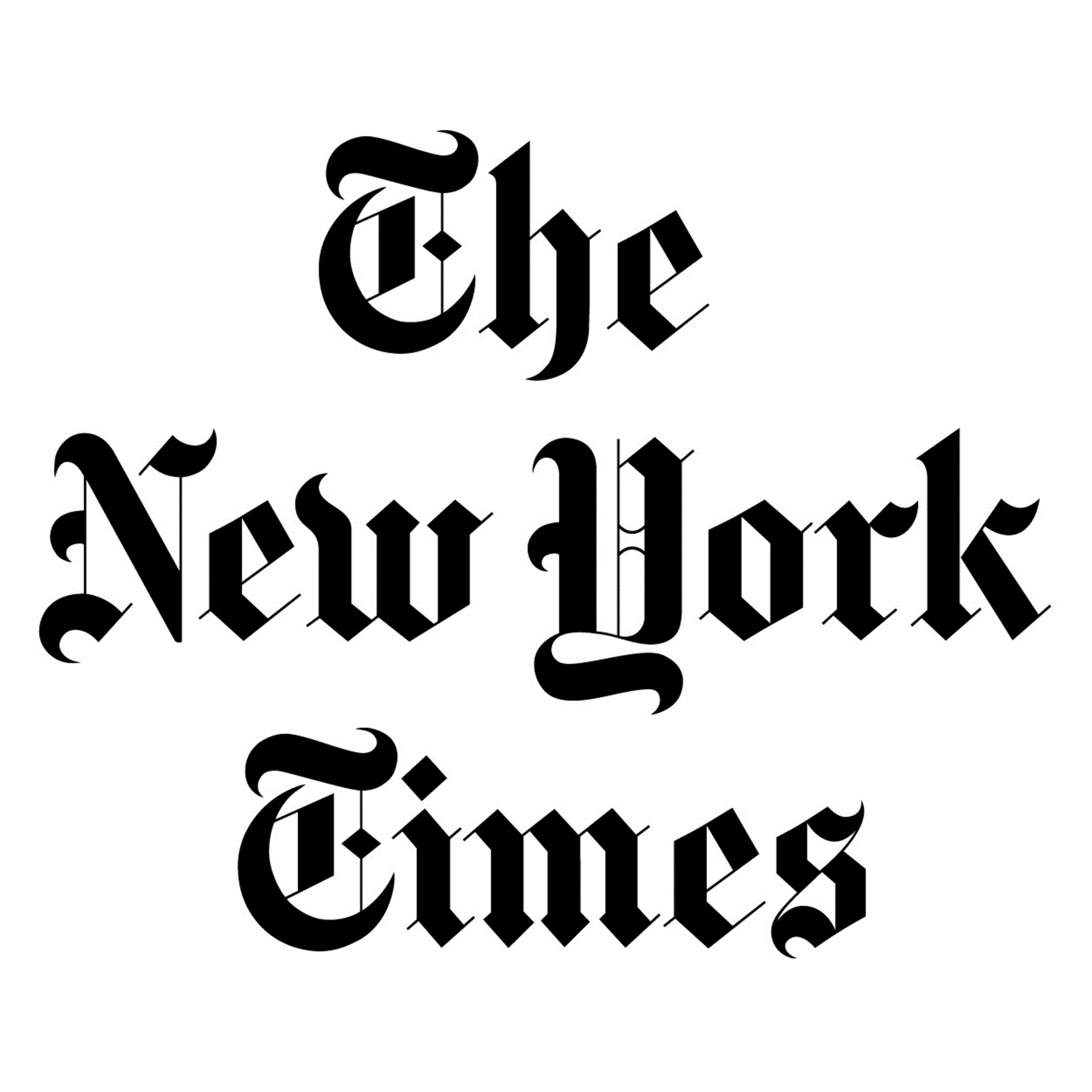
Infowars
What do people say about Infowars?
The perception of Infowars in the United States is overwhelmingly negative, characterized by its reputation for spreading disinformation and conspiracy theories. Critics argue that the outlet undermines public trust in media and contributes to societal division. While some supporters view it as a champion of free speech and an alternative voice against mainstream media, the overall consensus leans heavily towards viewing it as a harmful entity in the media landscape. The extreme content produced by Infowars has led to significant backlash, including legal challenges and social media bans, which further cements its controversial status.
Where are the conversations happening?
Infowars is primarily criticized by mainstream media outlets and fact-checking organizations that highlight its role in disseminating false information. Major sources like CNN, The New York Times, and PolitiFact frequently cover and debunk claims made by Infowars, emphasizing the dangers of its narratives. The discussions surrounding Infowars often occur in the context of broader debates about free speech, misinformation, and the responsibilities of media outlets.
What are the topics trending around Infowars?
Discussions on misinformation, the impact of conspiracy theories on public health, and the regulation of online content are emerging trends surrounding Infowars.
Why are these topics trending?
These trends are fueled by the increasing concern over the effects of fake news and conspiracy theories on societal behavior, particularly in relation to events like the COVID-19 pandemic and political polarization.
How is Infowars being talked about?
Detailed breakdown of public sentiment and conversations about this entity.
Impact vs Sentiment
See how each entity's high impact percentage relates to their positive sentiment percentage from actual mentions.





